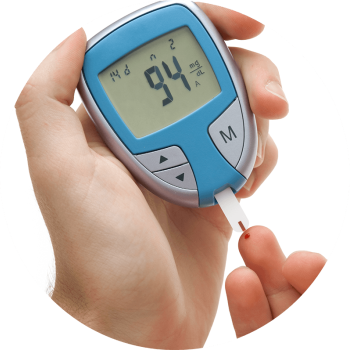A healthy diet is crucial for managing diabetes as it helps to control blood sugar levels, promote weight loss or weight management, and reduce the risk of complications. Here's a general guideline for a healthy diet for diabetic patients:
1. Carbohydrates: Limit your intake of carbohydrates, especially those that are high in sugar or refined, such as white bread, pasta, and sugary drinks. Instead, opt for complex carbohydrates like whole grains, fruits, and vegetables.
2. Protein: Include lean sources of protein in your meals, such as chicken, fish, beans, and lentils. This will help to keep you feeling full and prevent overeating.
3. Fats: Choose healthy fats like avocado, nuts, seeds, and olive oil instead of saturated and trans fats found in processed foods and fried foods.
4. Portion control: Pay attention to portion sizes as overeating can cause blood sugar spikes. Use smaller plates and measure out your food to help you eat the right amount.
5. Fiber: Increase your fiber intake by eating more fruits, vegetables, and whole grains. Fiber helps to slow down the absorption of sugar into the bloodstream, which can help to prevent blood sugar spikes.
6. Timing of meals: Eat regular meals at consistent times each day to help regulate blood sugar levels. This will also help you avoid overeating or skipping meals altogether.
7. Hydration: Drink plenty of water throughout the day to help prevent dehydration, which can cause blood sugar spikes. Limit your intake of sugary drinks like soda and fruit juice.
Remember to always consult with your healthcare provider or a registered dietitian for personalized dietary recommendations based on your individual needs and diabetes management plan.

